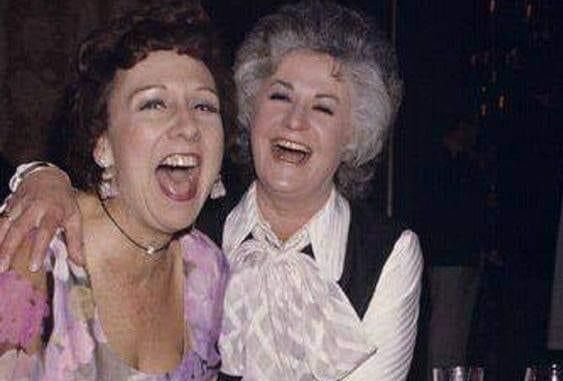
When All in the Family debuted on January 12, 1971, it was a groundbreaking show that America didn’t know it needed. Created by Norman Lear and Bud Yorkin, the series tackled controversial topics head-on, centering on the bigoted character Archie Bunker, portrayed by Carroll O’Connor, and his loving yet naive wife, Edith, played by Jean Stapleton.
A Bold Beginning
Initially met with skepticism, the show was shunned by ABC for being “too controversial.” However, CBS took a chance, and after careful testing, the network aired the pilot without any fanfare, unsure of how audiences would react. Lear’s gamble paid off; the response was overwhelmingly positive, with most viewers appreciating the show’s audacity and humor, despite some critical backlash labeling it a “sick joke.”:max_bytes(150000):strip_icc()/All-in-the-Family-Reunion-2023-Emmys-011524-45d765f215f1401eaa118c89b6ac0e7c.jpg)
Cultural Impact and Controversy
The early episodes of All in the Family tackled topics such as women’s liberation, homosexuality, and the Nixon administration, reflecting the social upheaval of the time. Lear described Archie as a “lovable bigot,” representing the complexity of prejudice in America. He aimed not to glorify bigotry but to spark important conversations about societal change.
The show quickly gained traction, winning multiple Emmys and achieving high Nielsen ratings. It became a cultural touchstone, often provoking debates about its portrayal of race and prejudice. Critics debated whether the series reinforced stereotypes or helped challenge them, showcasing the intricate dance of comedy and social commentary.
Navigating Network Standards
Despite its success, the show faced challenges from network censors and ongoing tensions between O’Connor and Lear. O’Connor, often unhappy with scripts, created tension on set, but his performance ultimately won over audiences. CBS’s shifting focus toward “family-friendly” content further complicated matters, as the show was often at odds with the network’s standards.
Expansion and Legacy
All in the Family spawned numerous spin-offs, including The Jeffersons and Maude, solidifying Lear’s status as a major television force. The show’s legacy extends beyond its original run; it paved the way for a new era of television that addressed real-world issues through the lens of comedy. Even today, it is celebrated for its unflinching exploration of social themes and its influence on future programming.
In summary, All in the Family remains a vital part of television history, known for its groundbreaking approach to comedy and social issues. Its ability to provoke thought and discussion is a testament to its lasting impact on American culture and the television landscape
